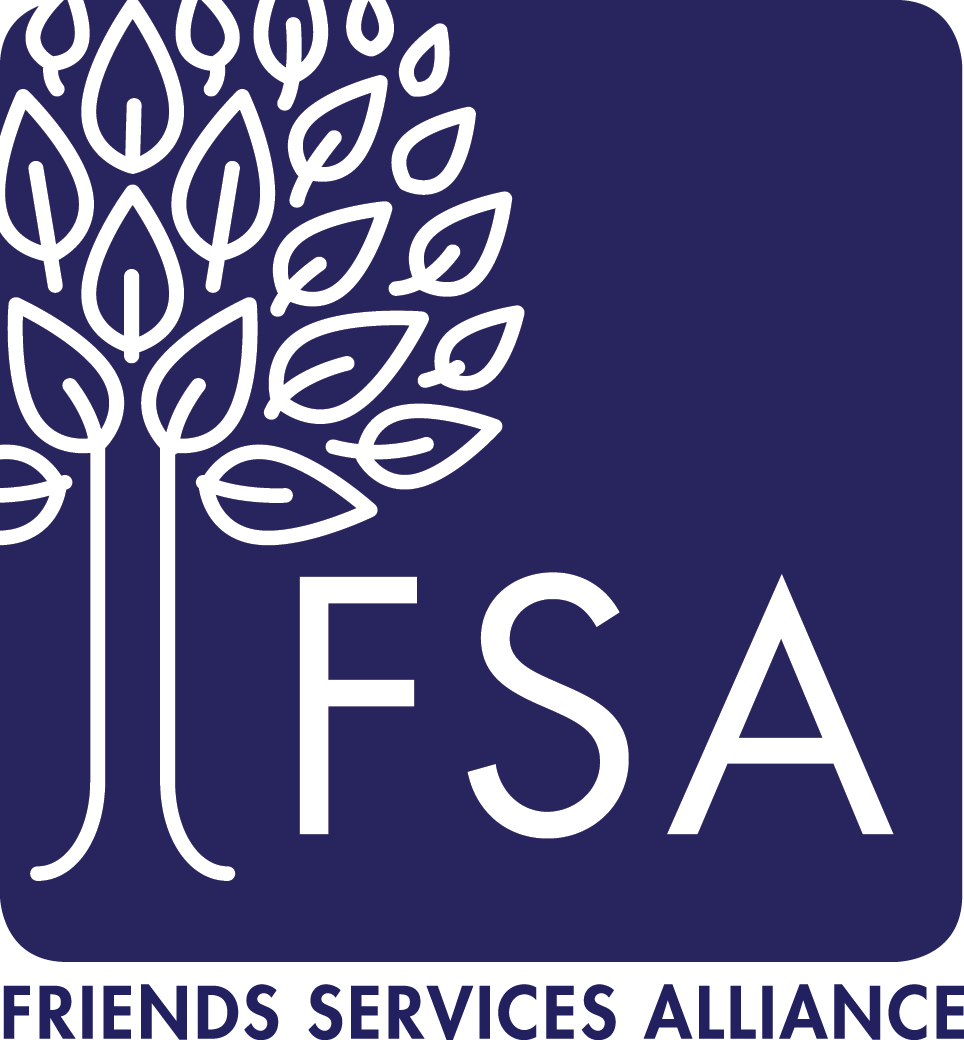CMS Updated Guidance to Resident Rights
Respect, Dignity and the Right to Personal Property
Illegal substances: The facility can confiscate items or substances that pose a risk and are in plain view. However, the facility cannot conduct a search unless the resident voluntarily agrees and understands the reason for the search.
It is recommended that local law enforcement be contacted when the presence of illegal drugs or other risky items are suspected, and the resident will not allow staff to search. It would be beneficial for this language to be included in the admission paperwork or resident handbook.
Self-Determination
Smoking: All new residents must be informed of the facility’s smoking policy upon admission. Facilities cannot prohibit current smokers from smoking after a policy change and must allow them to smoke in an area that preserves safety and quality of life for others.
It is recommended that facilities update their smoking policies to address this guidance, including the use of e-cigarettes. Processes should be in place to ensure the guidance is met for smokers.
Right to Receive or Deny Visitors
During an infectious outbreak: Facilities cannot deny visitation to residents who are on transmission-based precautions. Facilities are encouraged to modify visitation practices during outbreaks and pandemics in a way that maximizes visitation while aligning with current CMS and CDC guidance. Facilities may not establish visiting hour limitations against a resident’s wishes, unless it is necessary to set “reasonable clinical and safety restrictions” in line with the guidance.
It is recommended that facilities develop policies on the limitations they would put in place during an outbreak. There should be postings at facility entrances during outbreaks that clearly outline the visitation requirements. Communicating these limitations to residents and families at the time of admission or in a general mailing might help prevent conflicts and complaints at the time of an outbreak.
Freedom from Abuse and Neglect
Sexual abuse: Facilities must take steps to ensure that residents are protected from abuse, including sexual abuse, from another resident. Residents who lack the capacity to consent to sexual activity may be considered victims of sexual abuse if these interactions occur.
It is recommended that facilities develop a process to assess residents with cognitive impairment for the capacity to consent to sexual activity. There should be training for staff to understand the difference between supporting a residents’ right to intimate relationships and protecting them from sexual abuse.
Neglect: New guidance for neglect includes cases where the facility’s indifference or disregard for the resident’s care, comfort, or safety resulted in, or could have resulted in, pain, mental anguish or emotional distress.
It is recommended that the definition of “neglect” be updated in policies and trainings. Staff should understand failing to meet residents’ care needs in a reasonable period of time could constitute neglect.
Psychosocial Severity: In addition, surveyors will now determine what psychosocial impact any alleged violation may have had on a “reasonable person” in the resident’s position. The level of psychosocial severity the violation may have caused will then determine the severity of the violation.
It is recommended that if a facility becomes aware of a violation against a resident, they assess that resident for psychosocial harm and put interventions in place to address their distress or potential distress (see the Psychosocial Outcome Severity Guide on p. 144 of the CMS State Operations Manual).
Reporting Reasonable Suspicions of a Crime
The guidance requires facilities to develop policies that ensure the reporting of alleged crimes against residents, as described in the Elder Justice Act (EJA). This includes annual notification of staff’s obligation to report suspicions of a crime. Policies must address protection against retaliation for staff who report.
It is recommended that EJA Posters, including staff rights, be posted in prominent areas of the facility. Facilities should do everything possible to promote a culture of safety and open communication.
Transfer and Discharge Rights
New guidance focuses on the right of residents to remain in the facility of their choosing and to return to the facility from acute care settings, except under narrow exceptions (see F623).
Leaving Against Medical Advice: Surveyors may investigate residents who leave Against Medical Advice (AMA) to ensure the discharge was not initiated by the facility. If the facility discharges short-term/rehab residents – but the resident has expressed that they are not ready to leave – this may be considered a facility-initiated discharge.
Appeal of discharge: If a resident has appealed a discharge and the appeal remains pending, but the facility still discharges the resident, CMS can cite this as an Immediate Jeopardy situation. In addition, if the facility has given a resident notice of discharge under an exception and they are hospitalized before the end of the 30-day notice, they must be allowed to return and get a re-start on 30-day notice period.
It is recommended that facilities provide clear documentation related to all discharges. This should include the support, information and options provided to residents and their representatives in making a discharge decision. It should reflect whether the resident ultimately agreed to the discharge, and if not, that the appropriate notice was provided.
Resident Right Reminders Based on Surveyor and FSA Findings
Dining Services – Homelike Environment
- Use China and silverware rather than disposable dishes, except during an emergency.
- Ask residents if they would like to use clothing protectors.
- Take all items off the residents’ trays for a homelike dining experience.
- Try to serve all residents at one table at about the same time.
- Sit down while feeding residents, and engage residents in discussion if possible.
- Give meds in the dining room only if there is a specific reason documented in the care plan.
Dignity and Respect
- Ask residents their preferences for care and follow those preferences whenever possible.
- Use a resident's preferred name, rather than “honey,” “sweetheart,” “sugar,” etc.
- Ensure that residents are well groomed with clean clothes and no name labels visible.
- Signs with instructions for care should not be visible to residents’ visitors.
- Resident information should be communicated privately to another staff member, rather than calling out information across a room.
- Administer eye drops, nasal spray, pain patches, blood sugar testing, injections or vital signs to residents only in a private area.
Meeting Needs for Activity Preferences
- Ensure that residents are helped out of bed and dressed in time to attend preferred activities.
- Ensure that group activities are available throughout the day, as well as on weekends and at least a couple of evenings each week.
- Ensure that the activities offered meet the needs or preferences of all residents (such as younger residents).
- Provide residents with assistance and encouragement to attend preferred activities.
Right to Voice Grievances
- Grievance forms, and a box to place completed forms, should be available for residents to file a grievance at any time, including anonymously if they wish.
- The Grievance posting should be in a prominent location and include updated information for the Grievance Official’s name and contact information.
- Concerns voiced through the grievance process or at Resident Council Meetings should be addressed timely and with documented investigations and resolutions.
Right to Participate in Care Planning
- Documentation should clearly show that the resident was invited to their care conference and indicate if they participated or why they did not attend.
- Documentation should show that there was an effort to involve a resident in care planning to the best of their ability, even if they have dementia.
- Care conferences should be offered in a manner most convenient to the resident’s or representative’s involvement.
Friends Services Alliance (FSA) is a national professional association of values-aligned organizations that serve seniors. Our support services include a team of Compliance and Risk Management experts who have supported organizations in developing and maintaining effective Compliance and Ethics Programs for more than 20 years.



